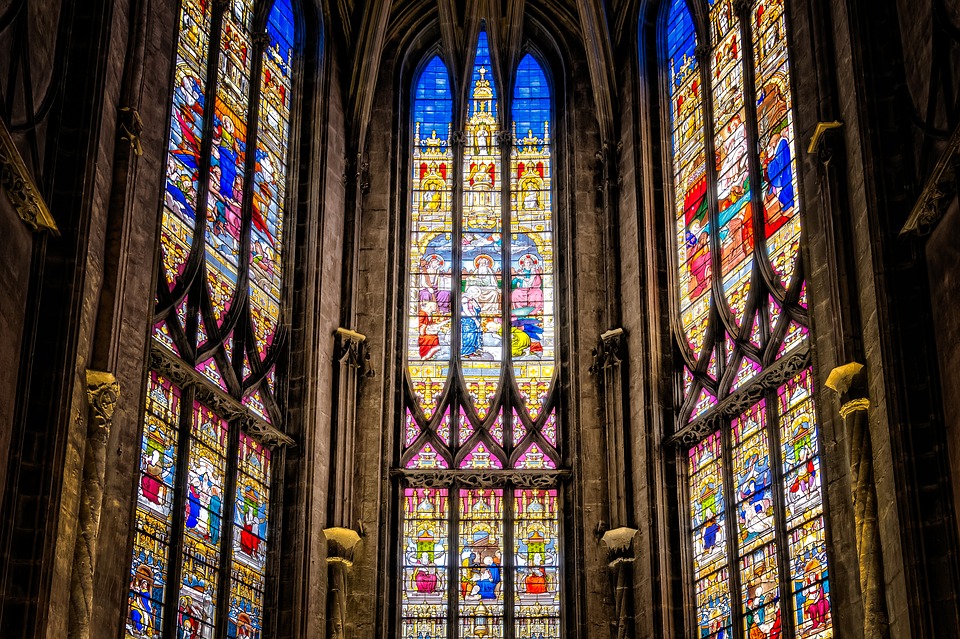Abstract
The story "Valle alto" by Yolanda Oreamuno (1916-1956), a Costa Rican writer, is framed within the first half of the 20th century, and corresponds to the artistic protests against the patriarchal normative impositions of the time. In this article, it is proposed that social constructs establish what is allowed and what is censored in terms of female behavior, her sexuality and her desire, which impact not only her behavior, but also in her thoughts. Consequently, there is a dispute between a space that refers to what is due, which is manifested from the actions of the protagonist and in her attempt to control her erotic fantasies before the male figure, and what is desired. However, through the interaction of nature with the female body, the norms cease to rule and allow instinct to take control. As such, an erotic, sensitive and normative liberation is configured.






